China, which hasn't criticized the invasion, proposed a broadly worded peace plan in 2023, calling for a cease-fire and direct talks between Moscow and Kyiv. The plan was rejected by both Ukraine and the West for failing to call for Russia to leave occupied parts of Ukraine.
Russian President Vladimir Putin and Chinese leader Xi Jinping on Thursday reaffirmed their "no-limits" partnership that has deepened as both countries face rising tensions with the West, and they criticised US military alliances in Asia and the Pacific region.
At their summit in Beijing, Putin thanked Xi for China's proposals for ending the war in Ukraine, which Ukraine and its Western supporters have rejected as largely following the Kremlin's line.
Putin's two-day state visit to one of his strongest allies and trading partners comes as Russian forces are pressing an offensive in northeastern Ukraine's Kharkiv region in the most significant border incursion since the full-scale invasion began on February 24, 2022.
China claims to take a neutral position in the conflict, but it has backed the Kremlin's contentions that Russia was provoked into attacking Ukraine by the West, and it continues to supply key components needed by Moscow for weapons production.
China, which hasn't criticized the invasion, proposed a broadly worded peace plan in 2023, calling for a cease-fire and direct talks between Moscow and Kyiv. The plan was rejected by both Ukraine and the West for failing to call for Russia to leave occupied parts of Ukraine.
China also gave a rhetorical nod to Russia's narrative about Nazism in Ukraine, with a joint statement Thursday that said Moscow and Beijing should defend the post-World War II order and "severely condemn the glorification of or even attempts to revive Nazism and militarism."
Putin has cited the "denazification" of Ukraine as a main goal of the military action, falsely describing the government of Ukrainian President Volodymyr Zelenskyy, who is Jewish and lost relatives in the Holocaust, as neo-Nazis.
The largely symbolic and ceremonial visit stressed the partnership between two countries who both face challenges in their relationship with the US and Europe.
"Both sides want to show that despite what is happening globally, despite the pressure that both sides are facing from the US, both sides are not about to turn their backs on each other anytime soon," said Hoo Tiang Boon, who researches Chinese foreign policy at Singapore's Nanyang Technological University.
While Putin and Xi said they were seeking an end to the war, they offered no new proposals in their public remarks.
"China hopes for the early return of Europe to peace and stability and will continue to play a constructive role toward this," Xi said in prepared remarks to the media in Beijing's Great Hall of the People. His words echoed what China said when it offered a broad plan for peace.
Earlier, Putin was welcomed in Tiananmen Square with military pomp. After a day in Beijing, the Russian leader arrived in Harbin, where he was expected to attend a number of events on Friday. On the eve of his visit, Putin said China's proposal could "lay the groundwork for a political and diplomatic process that would take into account Russia's security concerns and contribute to achieving a long-term and sustainable peace."
Zelenskyy has said any negotiations must include a restoration of Ukraine's territorial integrity, the withdrawal of Russian troops, the release of all prisoners, a tribunal for those responsible for the aggression, and security guarantees for Ukraine.
After Russia's latest offensive in Ukraine last week, the war is in a critical stage as Ukraine's depleted military waits for new supplies of anti-aircraft missiles and artillery shells from the United States after months of delay. The joint statement from China and Russia also criticized US foreign policy at length, hitting out at US-formed alliances, which the statement called having a "Cold War mentality."
China and Russia also accused the US of deploying land-based intermediate-range missile systems in the Asia-Pacific under the pretext of joint exercises with allies. They said that the US actions in Asia were "changing the balance of power" and "endangering the security of all countries in the region." The joint statement demonstrated China's support for Russia.
The meeting was yet another affirmation of the friendly "no-limits" relationship China and Russia signed in 2022, just before Moscow invaded Ukraine.
Since then, Russia has become increasingly dependent economically on China as Western sanctions cut its access to much of the international trading system. China's increased trade with Russia, totaling USD 240 billion last year, has helped the country mitigate some of the worst blowback from sanctions.
Moscow has diverted the bulk of its energy exports to China and relied on Chinese companies to import high-tech components for Russian military industries to circumvent Western sanctions.
"I and President Putin agree we should actively look for convergence points of the interests of both countries, to develop each's advantages, and deepen integration of interests, realizing each others' achievements," Xi said.
(Except for the headline, this story has not been edited by DNA staff and is published from PTI)
![submenu-img]() After his arrest in murder case, Darshan lands in more legal trouble; Kannada star will now be charged for...
After his arrest in murder case, Darshan lands in more legal trouble; Kannada star will now be charged for...![submenu-img]() DNA TV Show: Who is the mastermind of alleged NEET-UG paper leak?
DNA TV Show: Who is the mastermind of alleged NEET-UG paper leak?![submenu-img]() Meet man who gets Rs 12.50 crore salary, runs Rs 318000 crore company backed by Ratan Tata
Meet man who gets Rs 12.50 crore salary, runs Rs 318000 crore company backed by Ratan Tata![submenu-img]() Neeraj Chopra wins gold in javelin at Paavo Nurmi Games 2024 with throw of...
Neeraj Chopra wins gold in javelin at Paavo Nurmi Games 2024 with throw of...![submenu-img]() 'Modi ji won't be intimidated': Taiwan after China objects to ties with India
'Modi ji won't be intimidated': Taiwan after China objects to ties with India![submenu-img]() Meet man who cracked NEET-UG at 50 but there is a twist...
Meet man who cracked NEET-UG at 50 but there is a twist...![submenu-img]() Meet IIT-JEE topper, went to IIT Bombay with AIR 1, got job with Rs 70 lakh salary, left it to become a…
Meet IIT-JEE topper, went to IIT Bombay with AIR 1, got job with Rs 70 lakh salary, left it to become a…![submenu-img]() 'If there is 0.001% negligence on the part of anyone it...': SC issues notices to NTA, Centre over NEET-UG
'If there is 0.001% negligence on the part of anyone it...': SC issues notices to NTA, Centre over NEET-UG ![submenu-img]() Meet doctor who cracked UPSC exam, became IAS officer but resigned after seven years due to...
Meet doctor who cracked UPSC exam, became IAS officer but resigned after seven years due to...![submenu-img]() NEET-PG 2024 admit card to be released today; check steps to download
NEET-PG 2024 admit card to be released today; check steps to download ![submenu-img]() DNA Verified: Did Kangana Ranaut party with gangster Abu Salem? Actress reveals who's with her in viral photo
DNA Verified: Did Kangana Ranaut party with gangster Abu Salem? Actress reveals who's with her in viral photo![submenu-img]() DNA Verified: New Delhi Railway Station to be closed for 4 years? Know the truth here
DNA Verified: New Delhi Railway Station to be closed for 4 years? Know the truth here![submenu-img]() DNA Verified: Did RSS chief Mohan Bhagwat praise Congress during Lok Sabha Elections 2024? Know the truth here
DNA Verified: Did RSS chief Mohan Bhagwat praise Congress during Lok Sabha Elections 2024? Know the truth here![submenu-img]() DNA Verified: Is CAA an anti-Muslim law? Centre terms news report as 'misleading'
DNA Verified: Is CAA an anti-Muslim law? Centre terms news report as 'misleading'![submenu-img]() DNA Verified: Lok Sabha Elections 2024 to be held on April 19? Know truth behind viral message
DNA Verified: Lok Sabha Elections 2024 to be held on April 19? Know truth behind viral message![submenu-img]() Triptii Dimri sets the internet on fire in black bikini in beachside photos, fans say 'bhabhi bani baby'
Triptii Dimri sets the internet on fire in black bikini in beachside photos, fans say 'bhabhi bani baby'![submenu-img]() In pics: Ananya Panday dazzles in shimmery green mini dress, poses with Gwyneth Paltrow at Swarovski event in Milan
In pics: Ananya Panday dazzles in shimmery green mini dress, poses with Gwyneth Paltrow at Swarovski event in Milan![submenu-img]() In pics: Sonakshi Sinha's black-themed bachelorette with Huma Qureshi, Zaheer Iqbal's secret bachelor party
In pics: Sonakshi Sinha's black-themed bachelorette with Huma Qureshi, Zaheer Iqbal's secret bachelor party ![submenu-img]() From Jawan to Munjya, 5 films that showcased exceptional VFX and ruled box office recently
From Jawan to Munjya, 5 films that showcased exceptional VFX and ruled box office recently![submenu-img]() In pics: Raghubir Yadav, Chandan Roy celebrate success of Panchayat season 3 with TVF founder Arunabh Kumar, cast, crew
In pics: Raghubir Yadav, Chandan Roy celebrate success of Panchayat season 3 with TVF founder Arunabh Kumar, cast, crew![submenu-img]() DNA Explainer: What is Kafala system that is prevalent in gulf countries? Why is it considered extremely brutal?
DNA Explainer: What is Kafala system that is prevalent in gulf countries? Why is it considered extremely brutal? ![submenu-img]() Lok Sabha Elections 2024: What are exit polls? When and how are they conducted?
Lok Sabha Elections 2024: What are exit polls? When and how are they conducted?![submenu-img]() DNA Explainer: Why was Iranian president Ebrahim Raisi seen as possible successor to Ayatollah Khamenei?
DNA Explainer: Why was Iranian president Ebrahim Raisi seen as possible successor to Ayatollah Khamenei?![submenu-img]() DNA Explainer: Why did deceased Iranian President Ebrahim Raisi wear black turban?
DNA Explainer: Why did deceased Iranian President Ebrahim Raisi wear black turban?![submenu-img]() Iran President Ebrahim Raisi's death: Will it impact gold, oil prices and stock markets?
Iran President Ebrahim Raisi's death: Will it impact gold, oil prices and stock markets?![submenu-img]() After his arrest in murder case, Darshan lands in more legal trouble; Kannada star will now be charged for...
After his arrest in murder case, Darshan lands in more legal trouble; Kannada star will now be charged for...![submenu-img]() Darshan arrest: Pavithra Gowda, co-accused seen smiling during investigation, furious netizens say 'no regret, no guilt'
Darshan arrest: Pavithra Gowda, co-accused seen smiling during investigation, furious netizens say 'no regret, no guilt'![submenu-img]() Meet Captain GR Gopinath, inspired Akshay Kumar's Sarfira, served in Indian Army, founded India's first low-cost airline
Meet Captain GR Gopinath, inspired Akshay Kumar's Sarfira, served in Indian Army, founded India's first low-cost airline![submenu-img]() Justin Timberlake arrested for drunk driving in New York, details inside
Justin Timberlake arrested for drunk driving in New York, details inside![submenu-img]() The Iron Claw review: Brilliant cautionary tale of parental pressure; and a tribute to wrestling's most 'cursed' family
The Iron Claw review: Brilliant cautionary tale of parental pressure; and a tribute to wrestling's most 'cursed' family ![submenu-img]() Country with most number of pyramids, it's not Egypt
Country with most number of pyramids, it's not Egypt![submenu-img]() Mukesh Ambani, Nita Ambani's son Anant Ambani and Radhika Merchant's wedding festivities to start on...
Mukesh Ambani, Nita Ambani's son Anant Ambani and Radhika Merchant's wedding festivities to start on...![submenu-img]() Glaring safety innovation: Finland adopts reflective coating on reindeer antlers to curb road collisions
Glaring safety innovation: Finland adopts reflective coating on reindeer antlers to curb road collisions![submenu-img]() Viral video: Elephant calves sleep under ‘Z++ security’ as herd protectively stands guard
Viral video: Elephant calves sleep under ‘Z++ security’ as herd protectively stands guard![submenu-img]() This man owned Rs 248 crore necklace, first Indian to buy airplane, was wealthier than Mukesh Ambani, Ratan Tata...
This man owned Rs 248 crore necklace, first Indian to buy airplane, was wealthier than Mukesh Ambani, Ratan Tata...
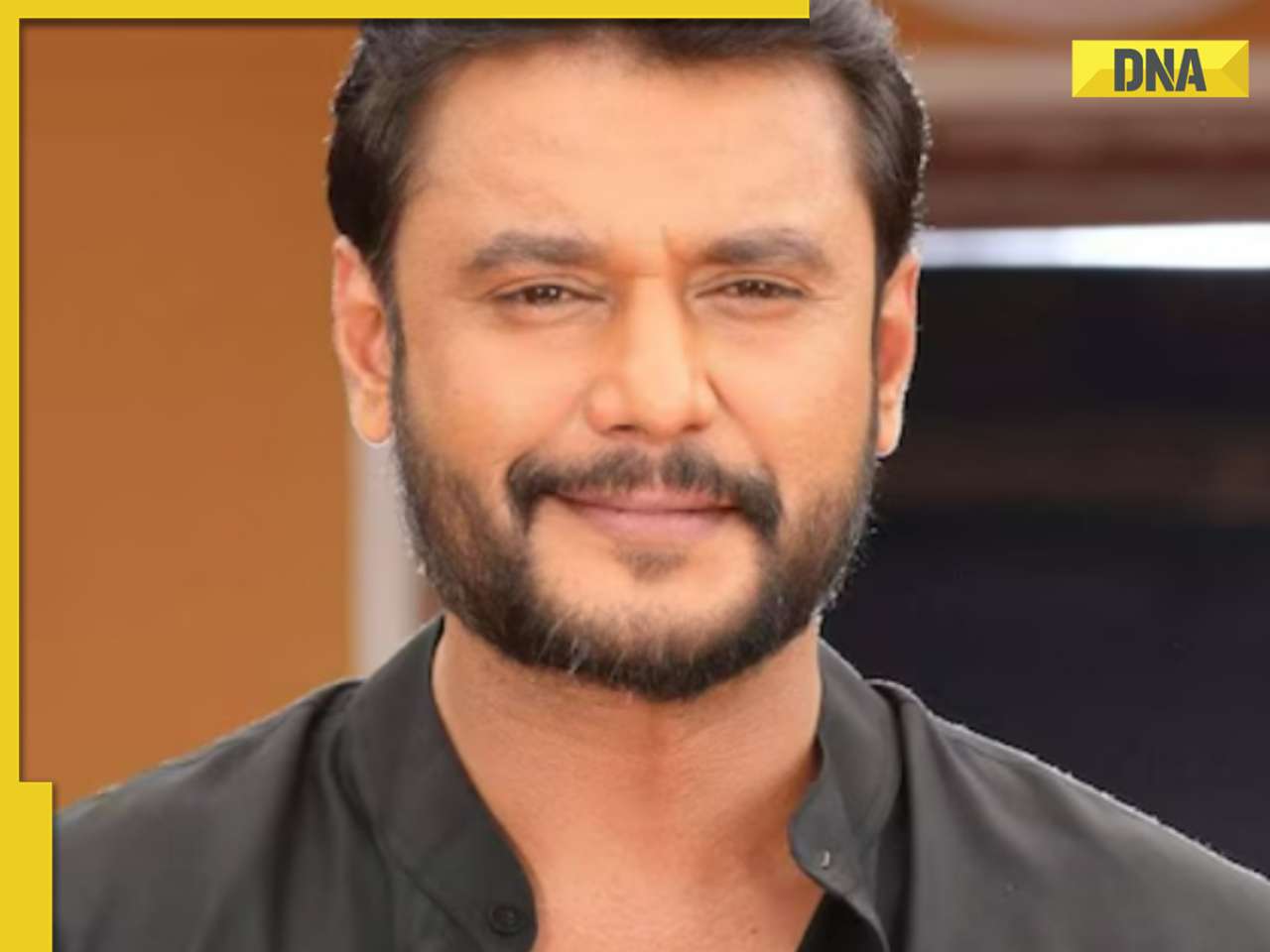
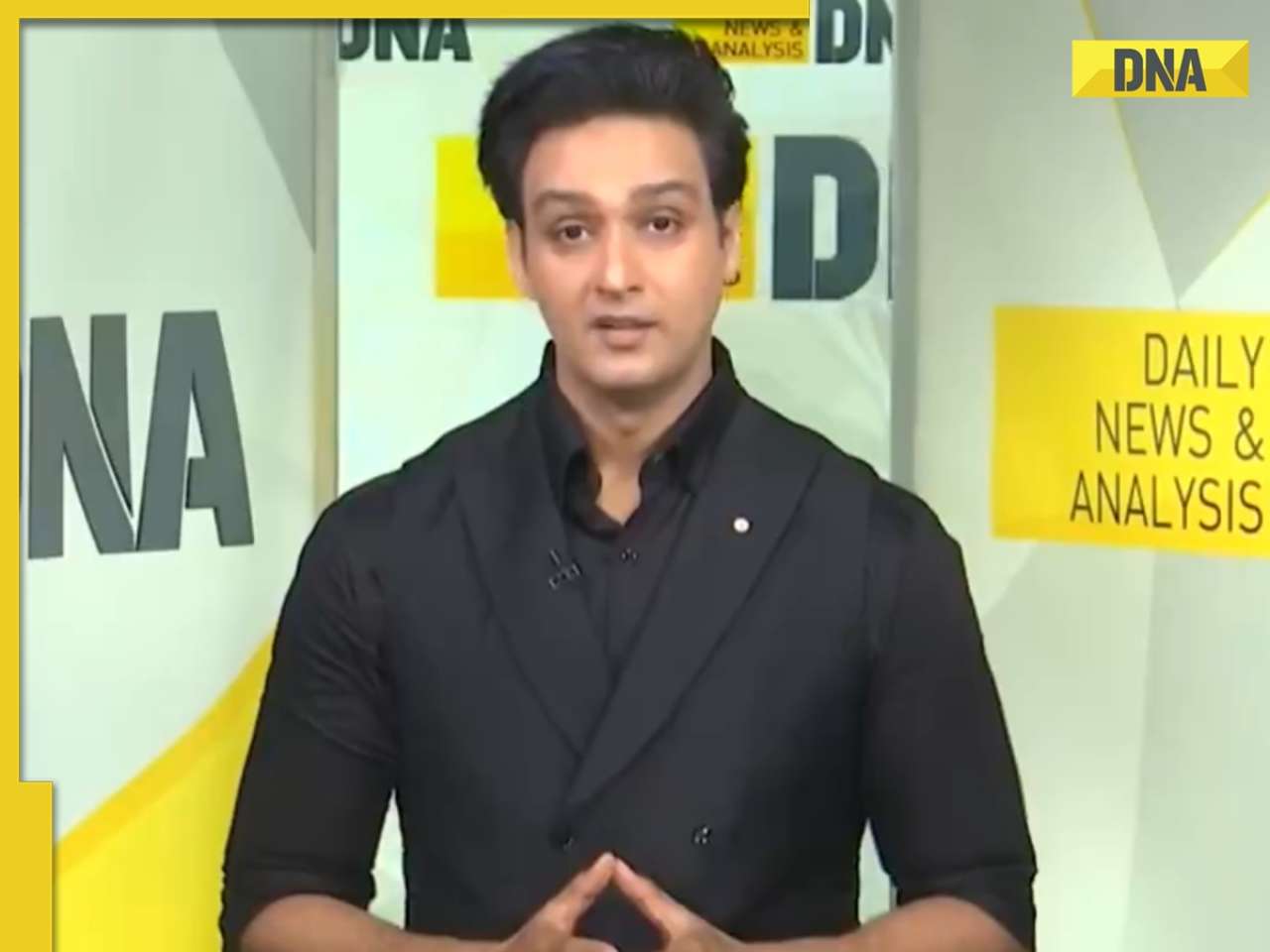


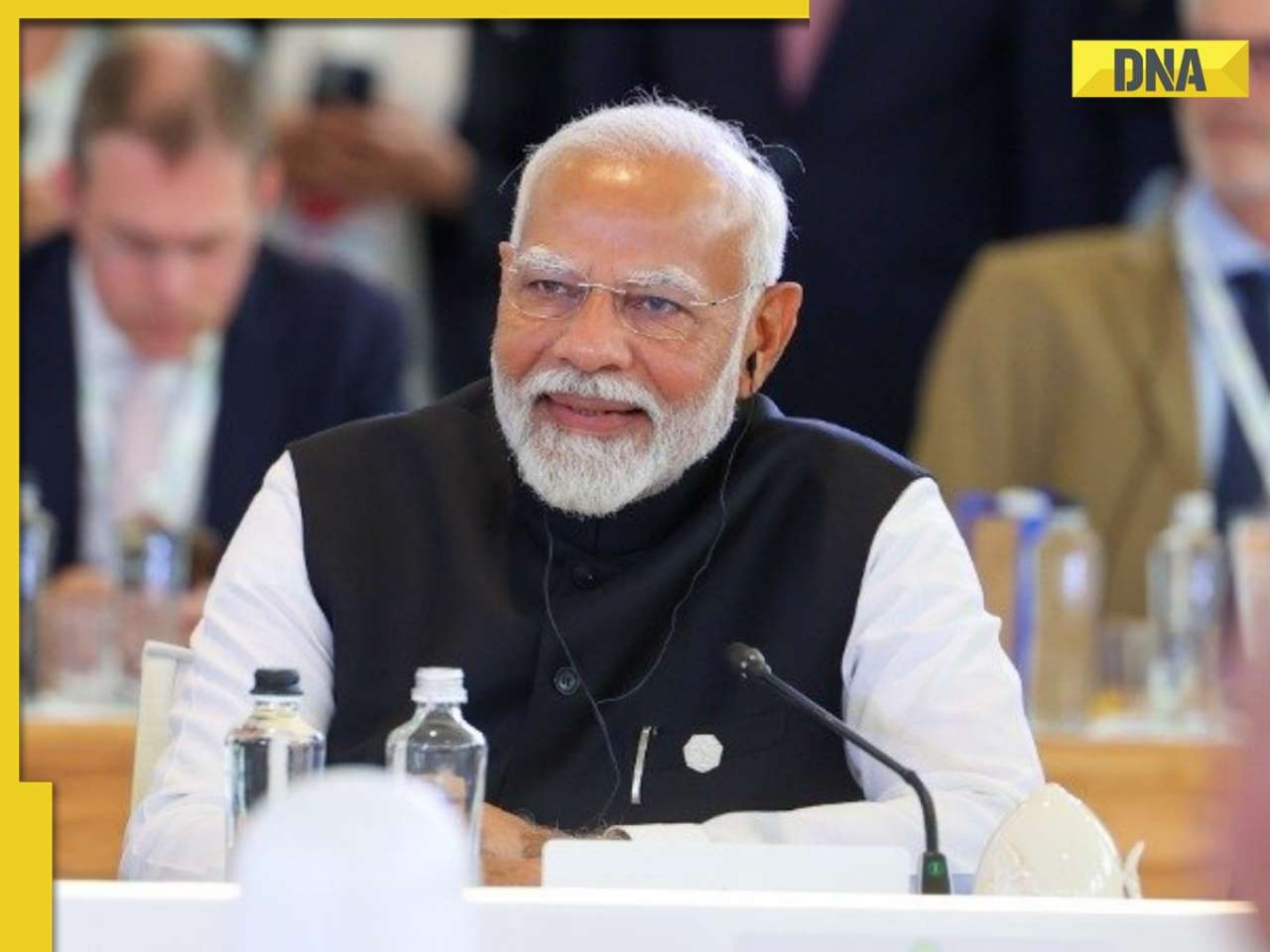





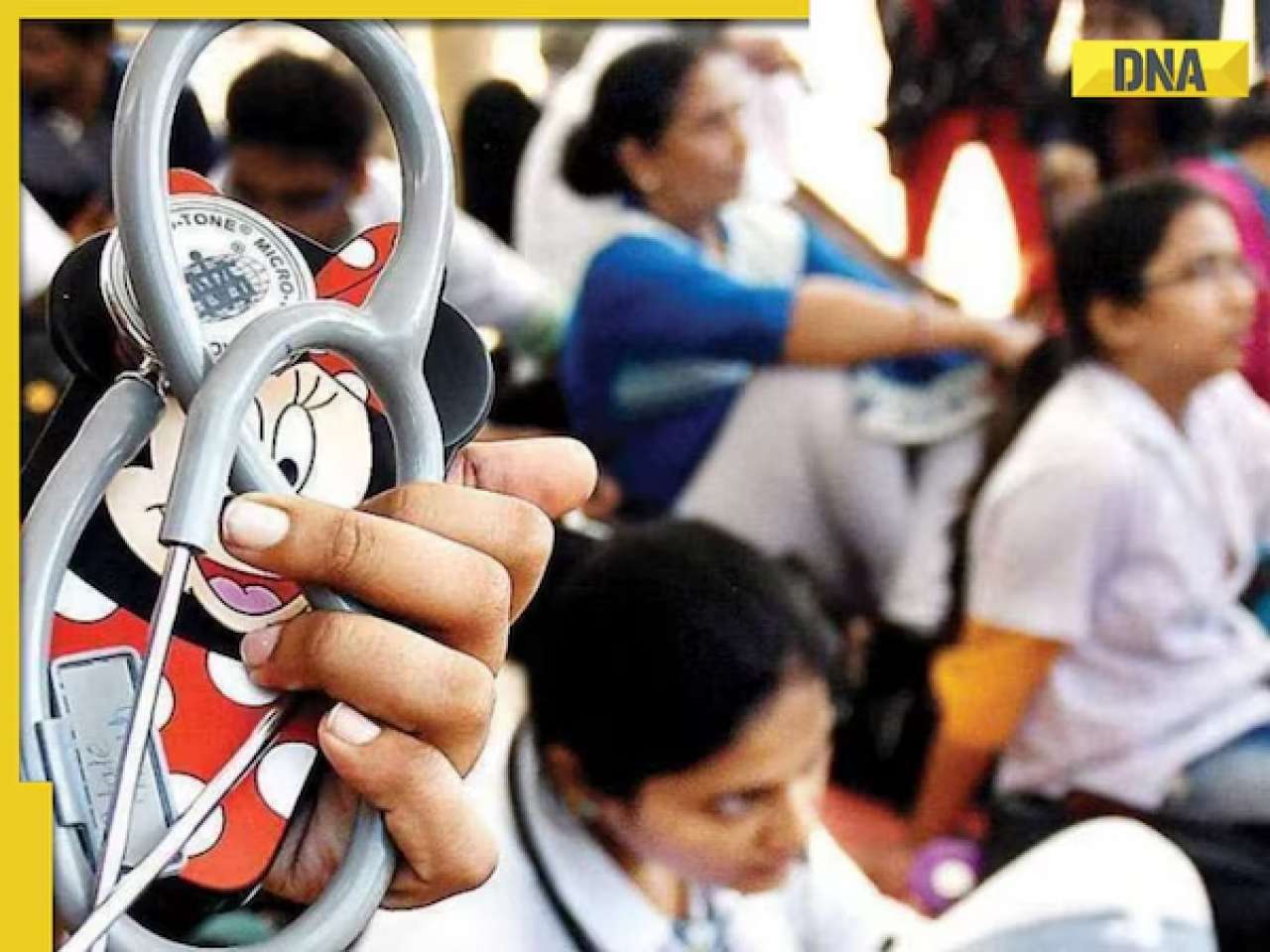
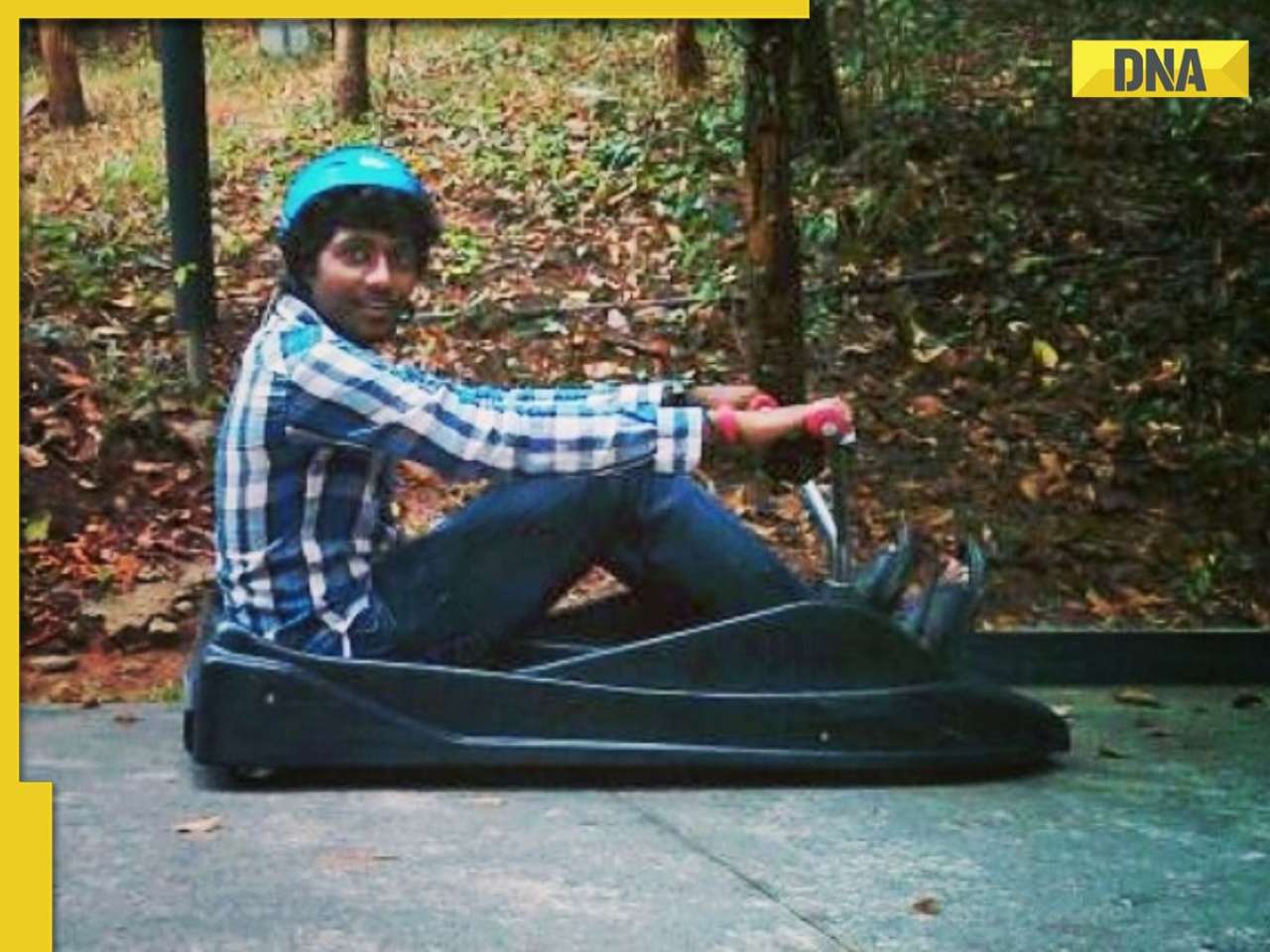
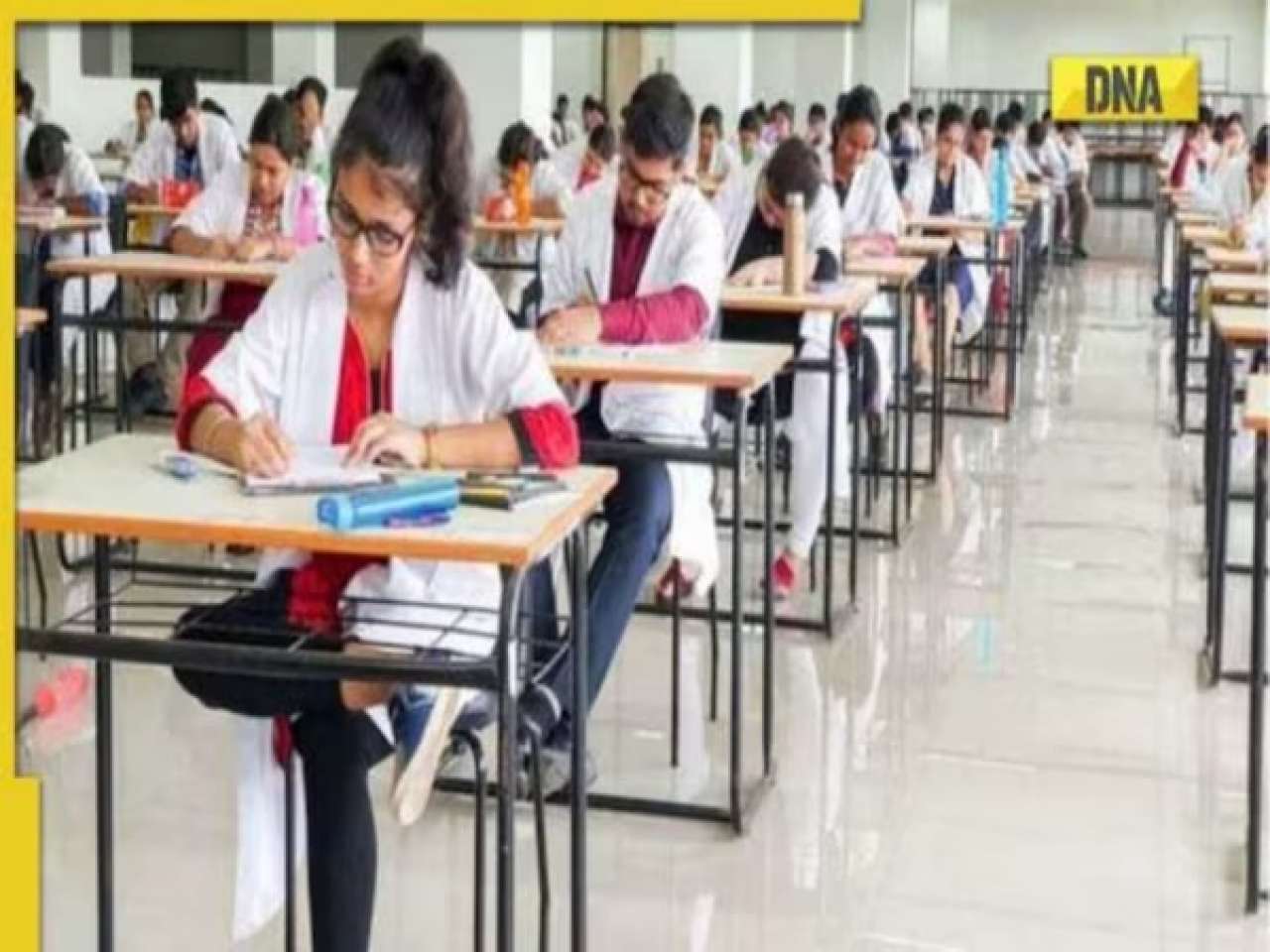











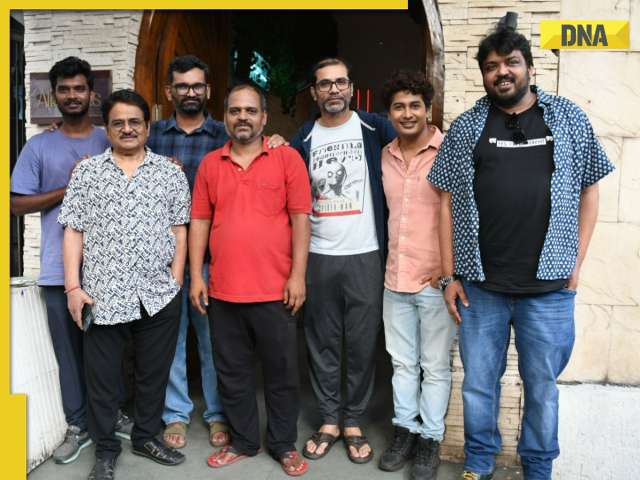






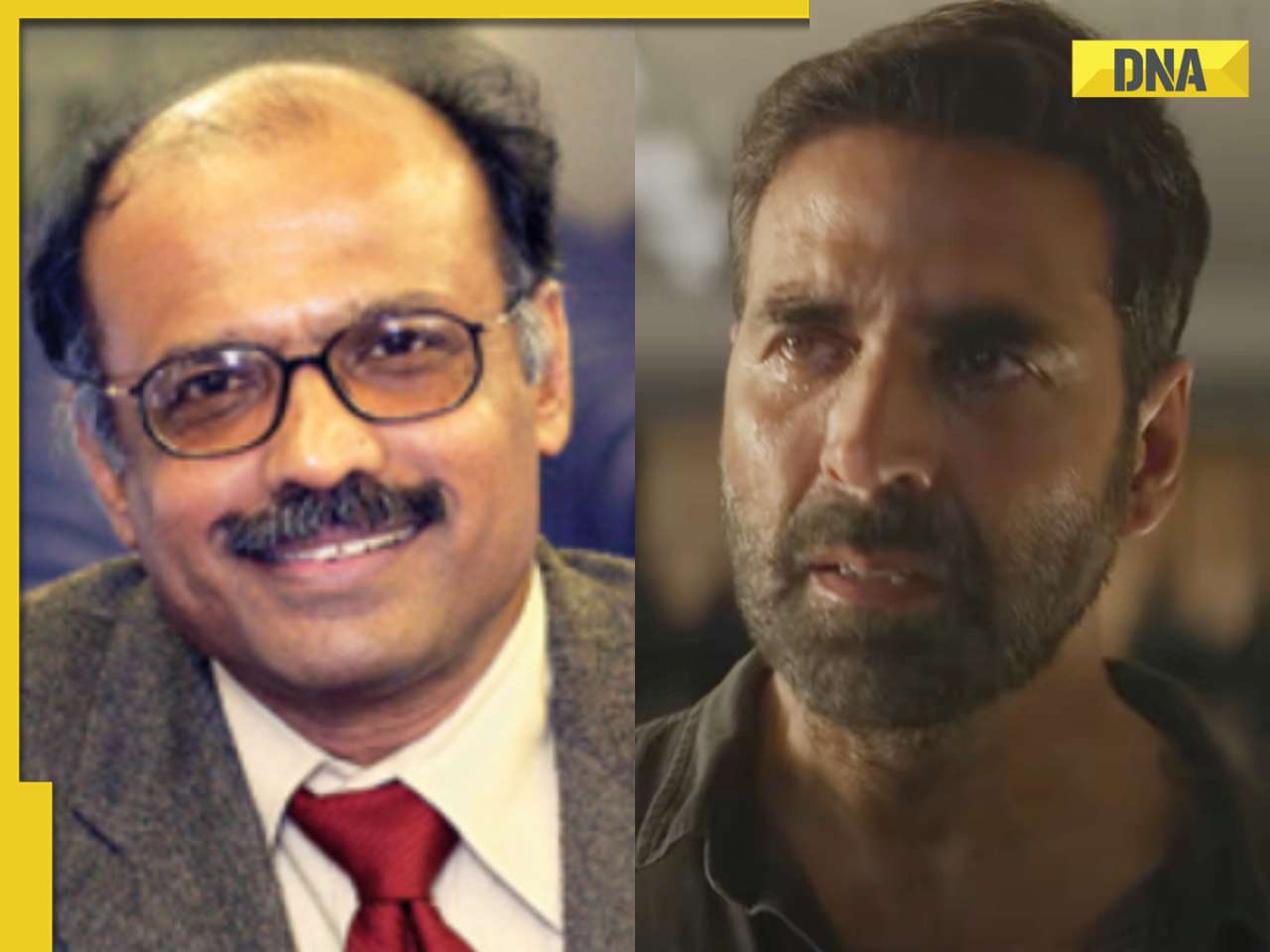
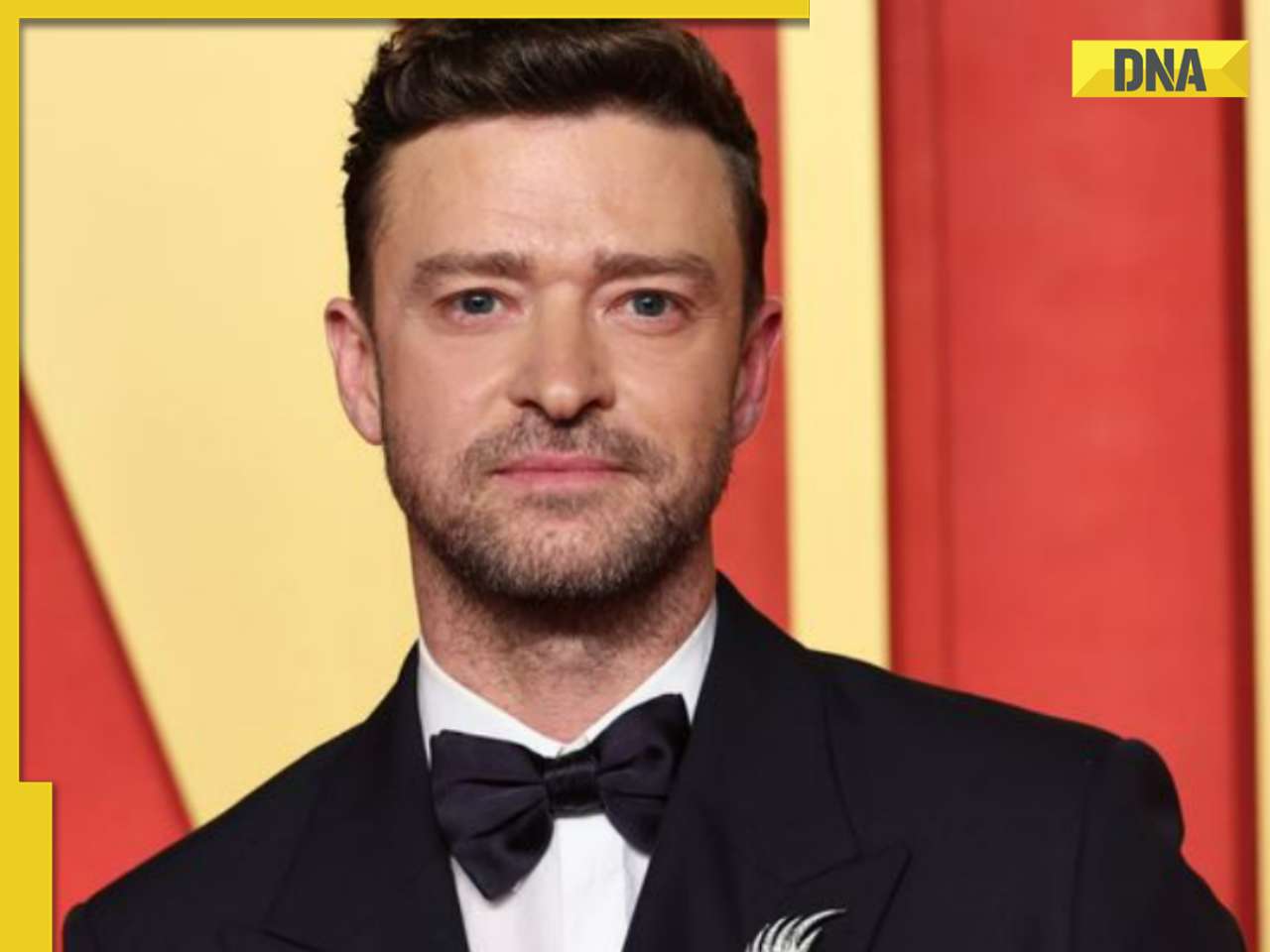

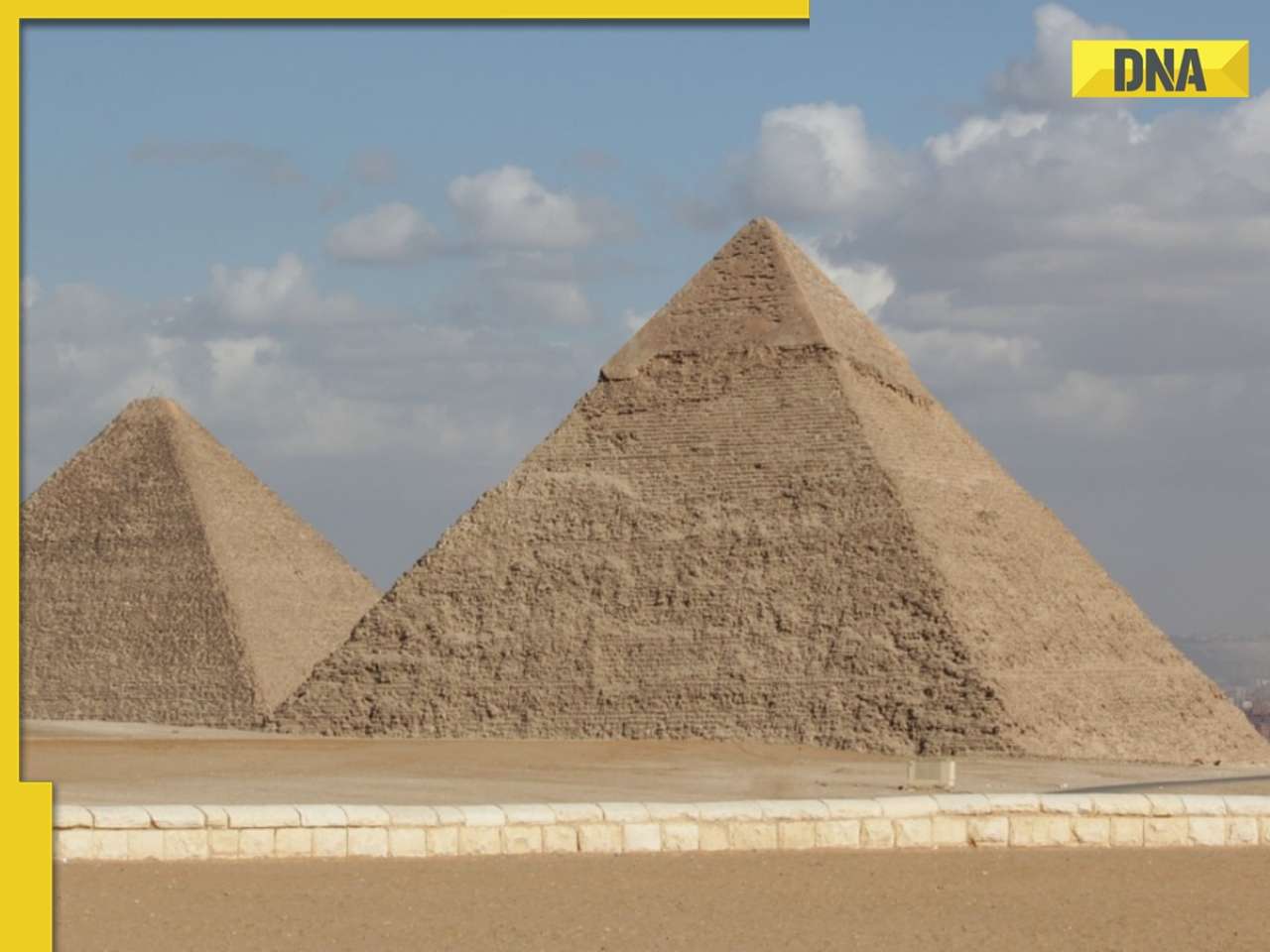

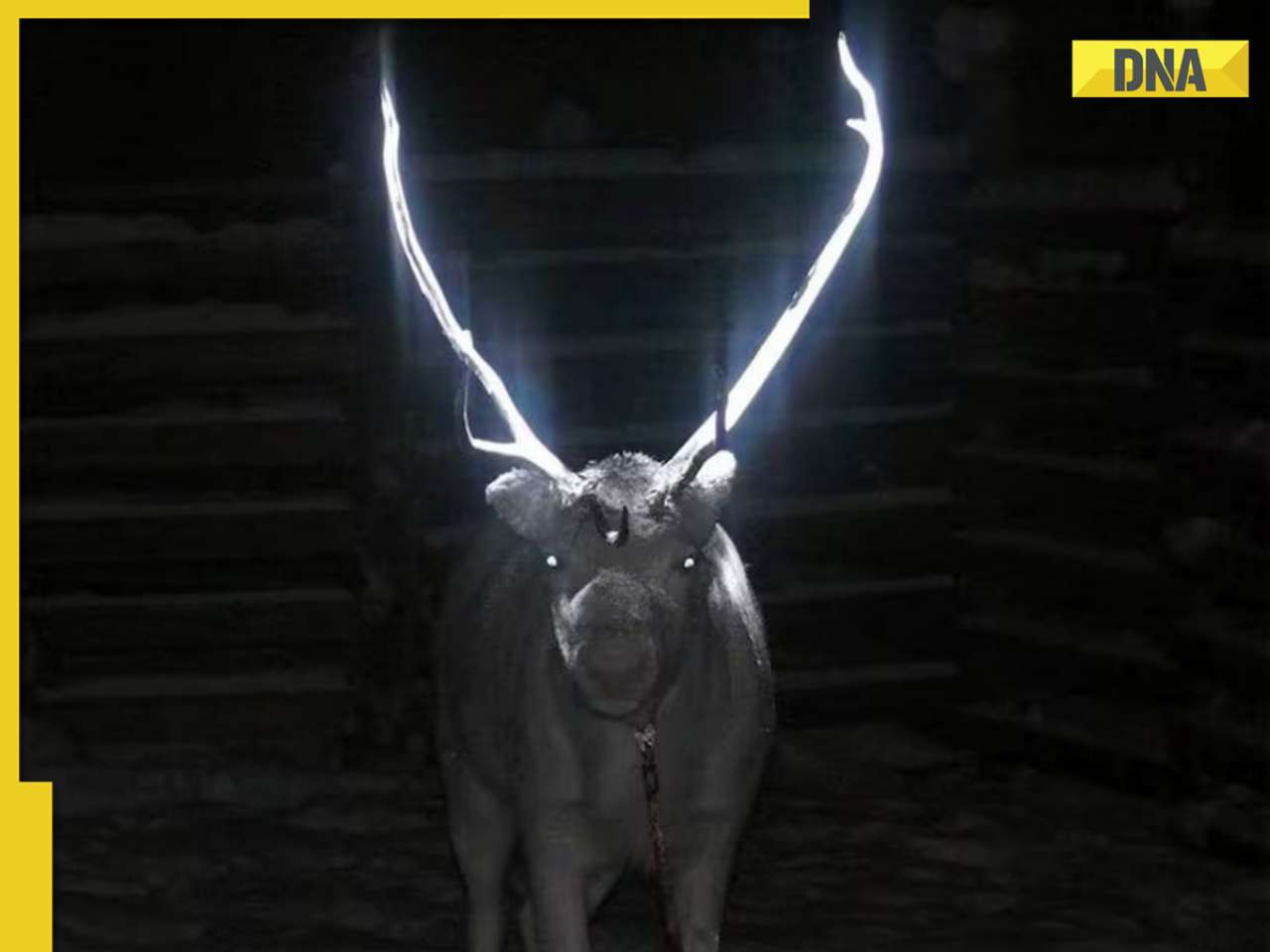
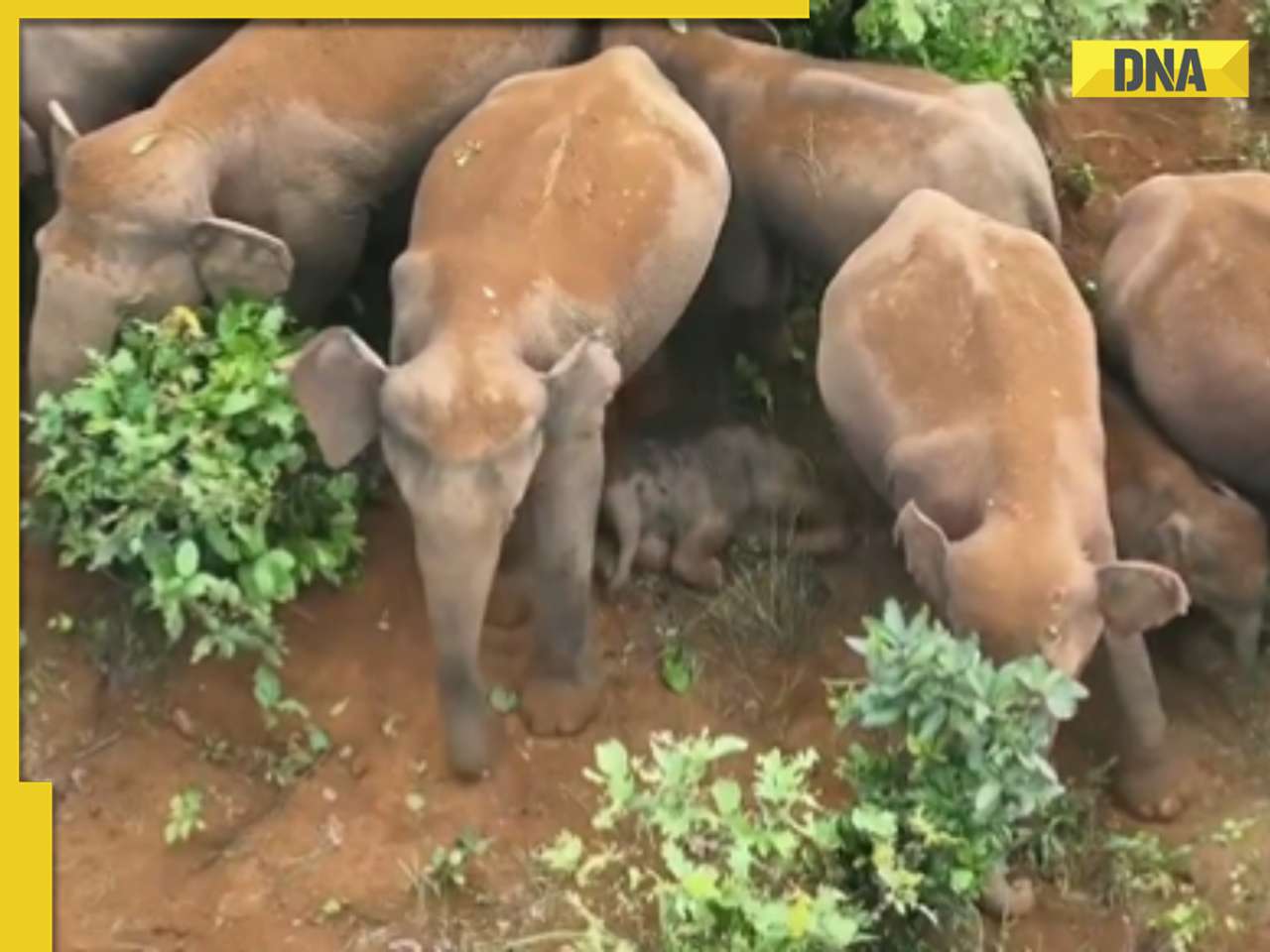
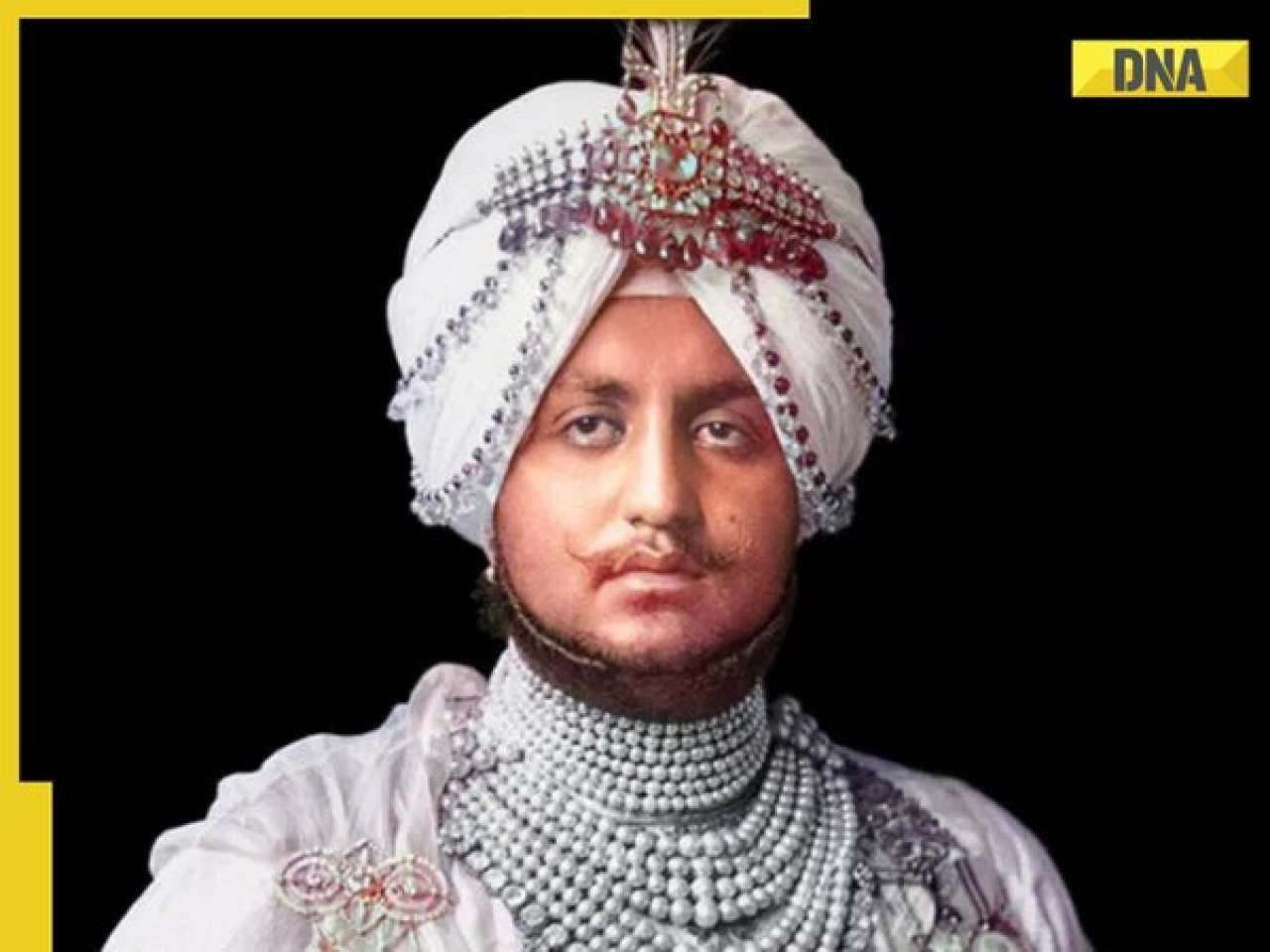

)


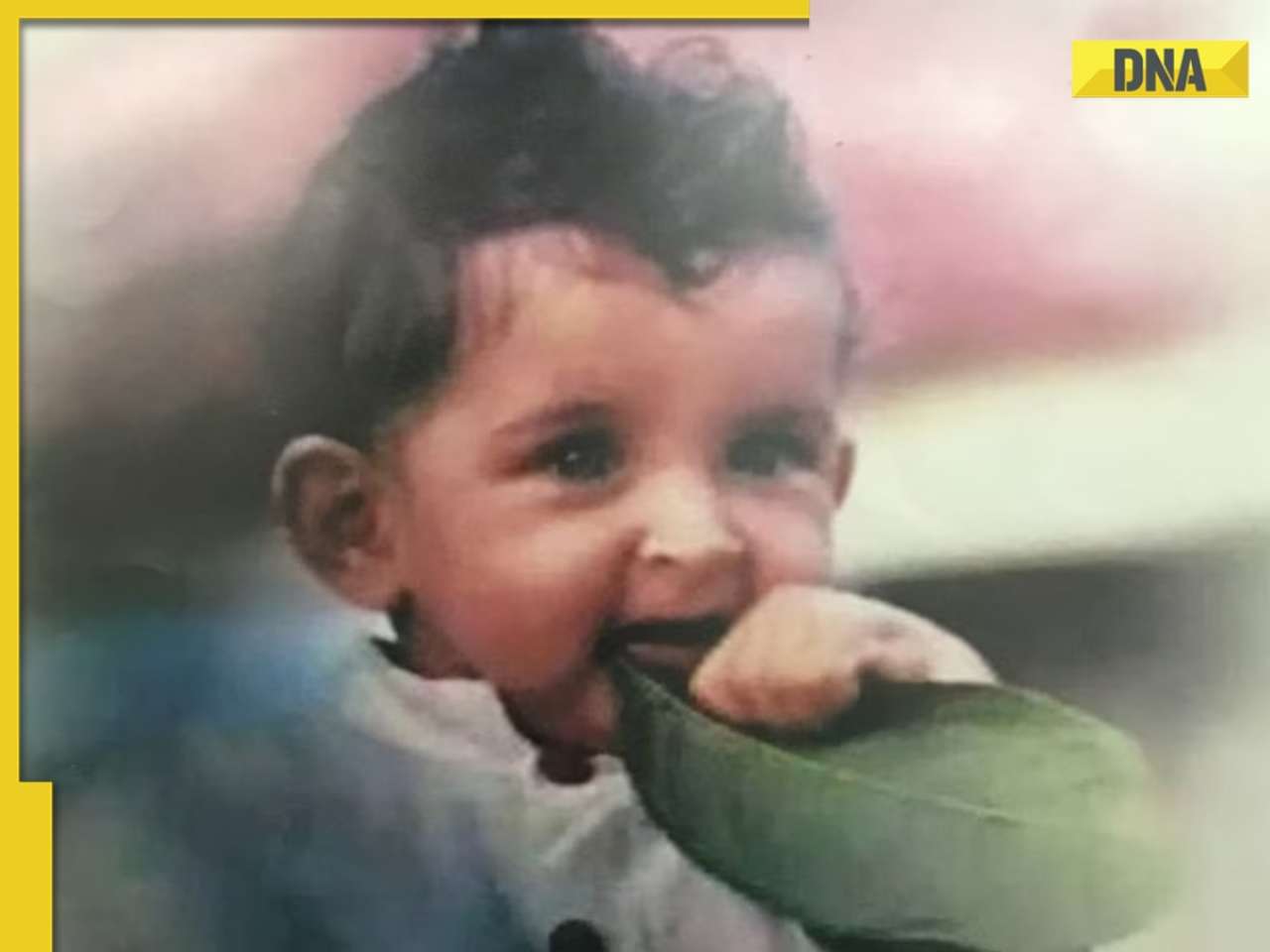
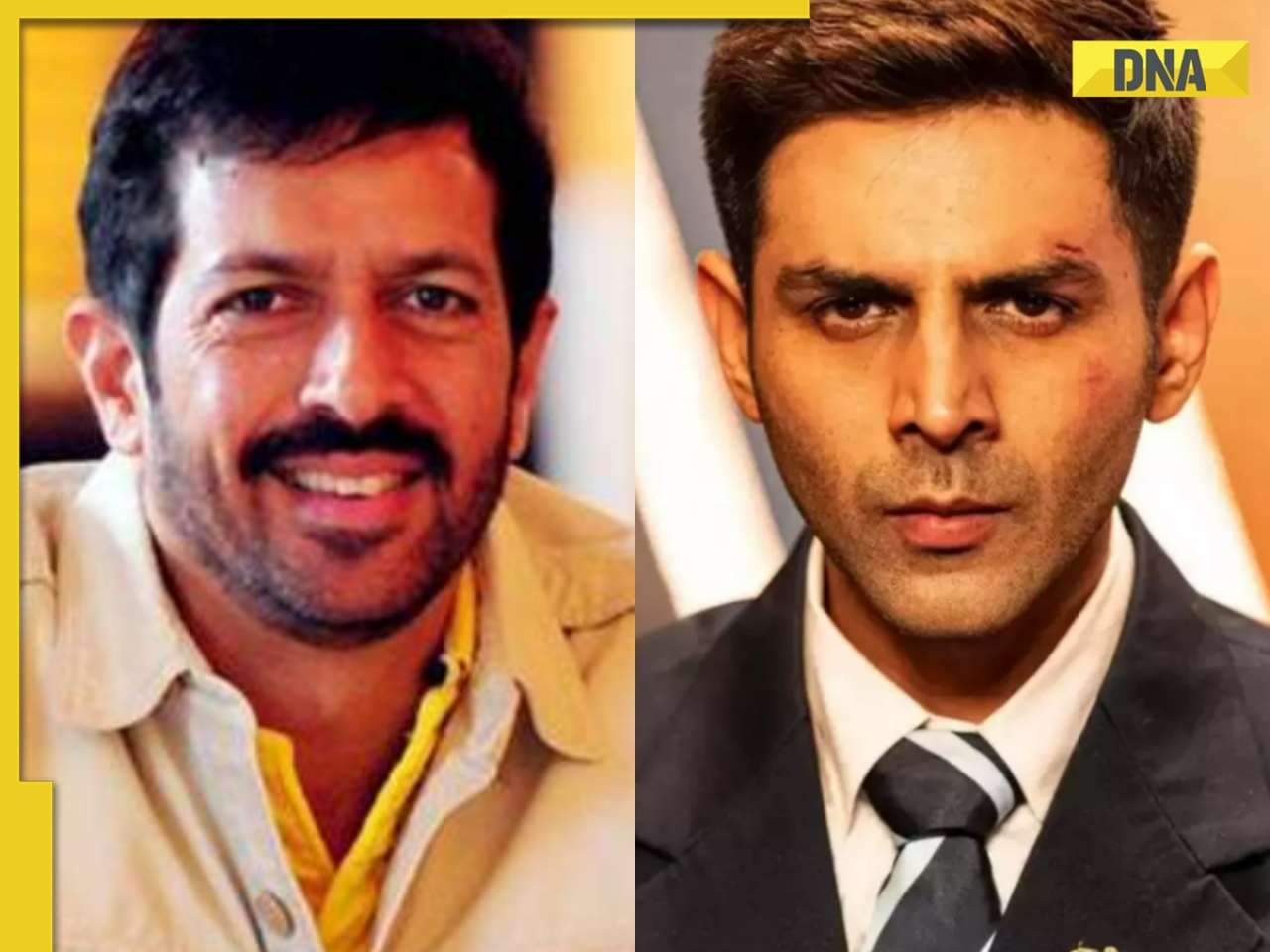

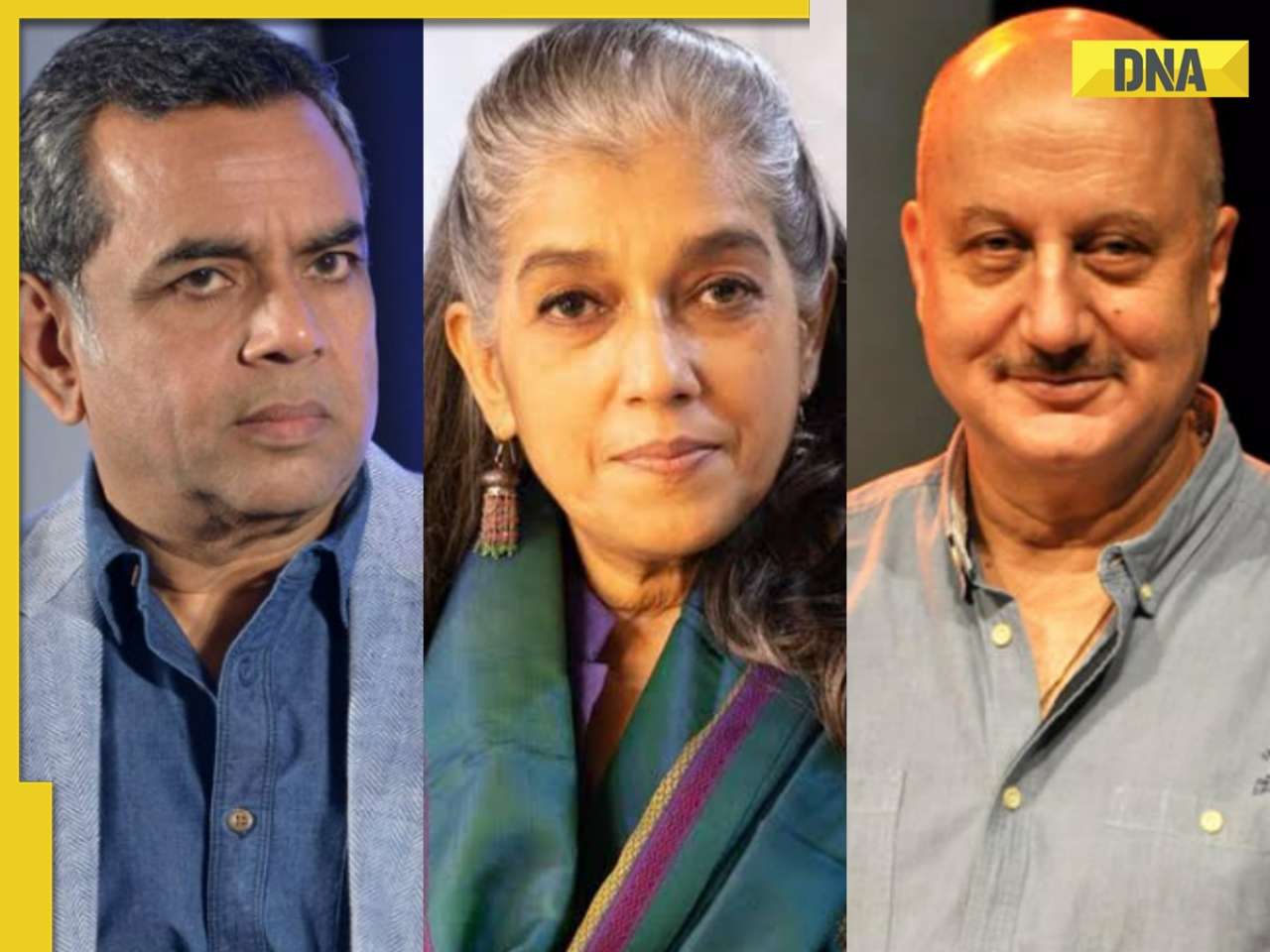


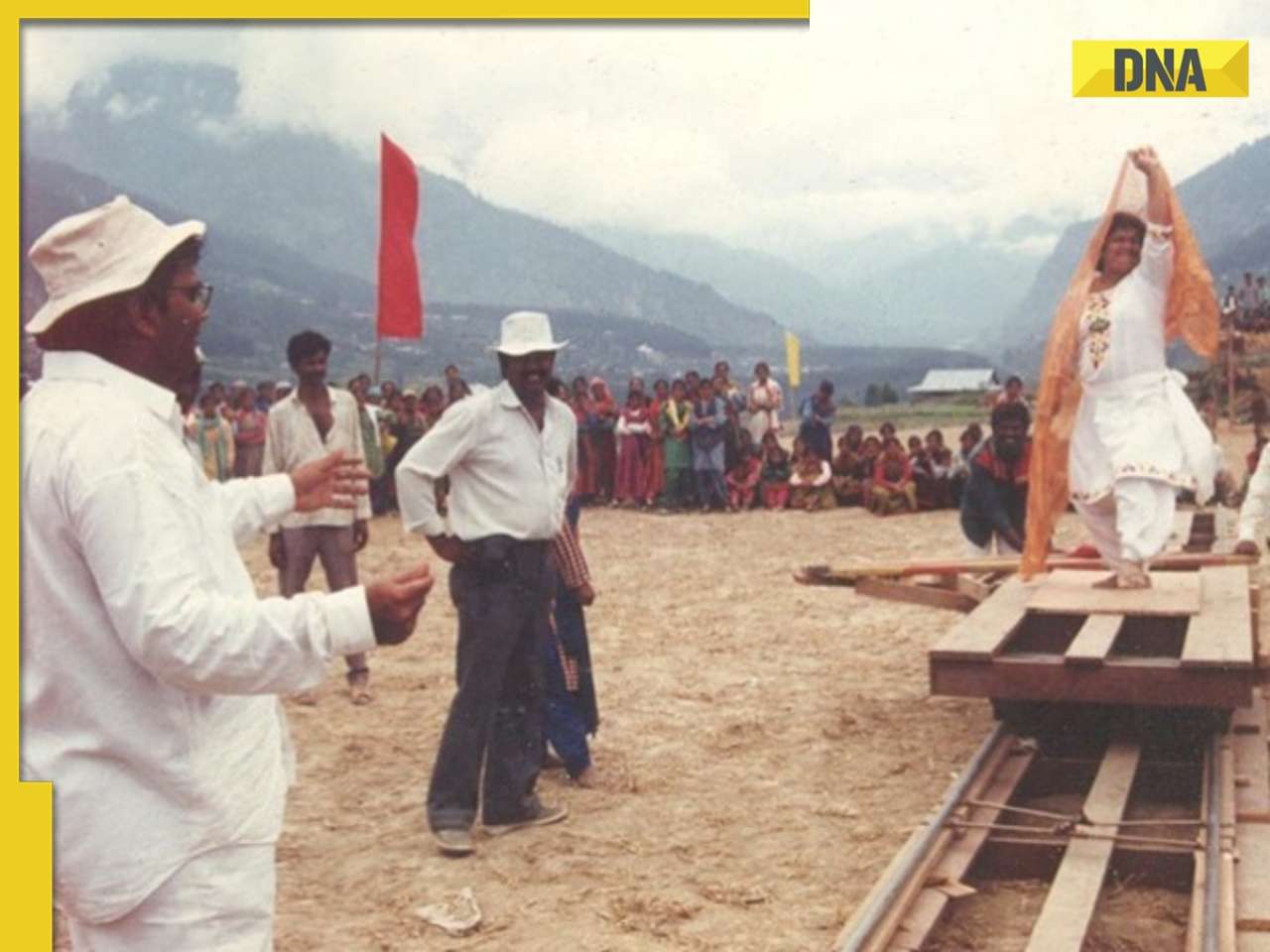


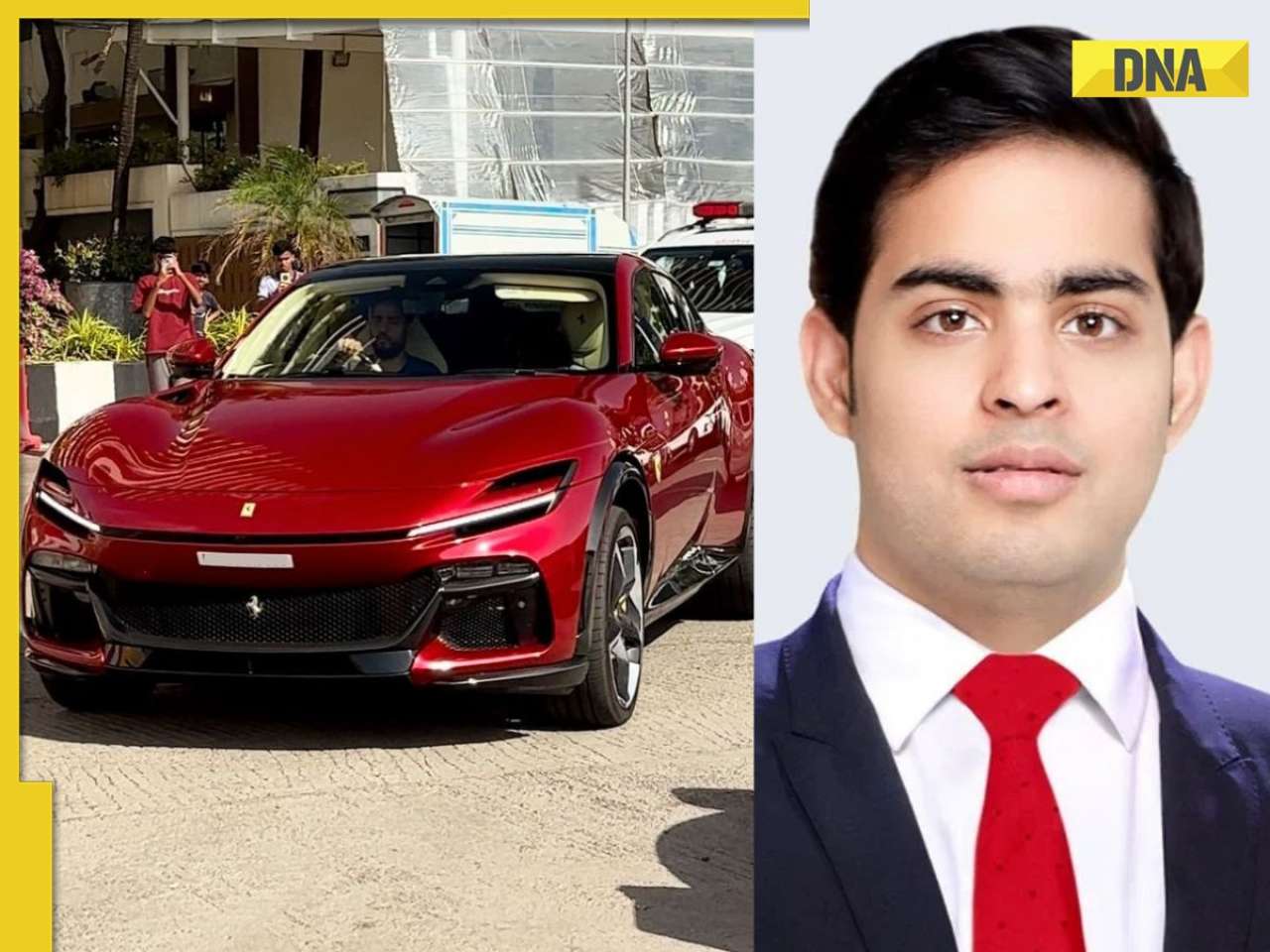






)
)
)
)
)
)